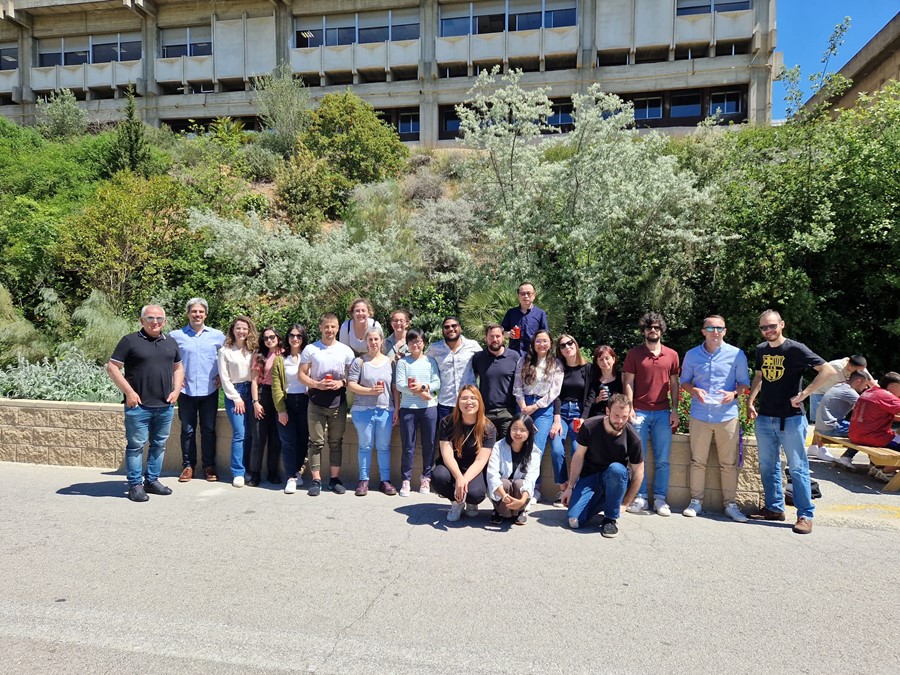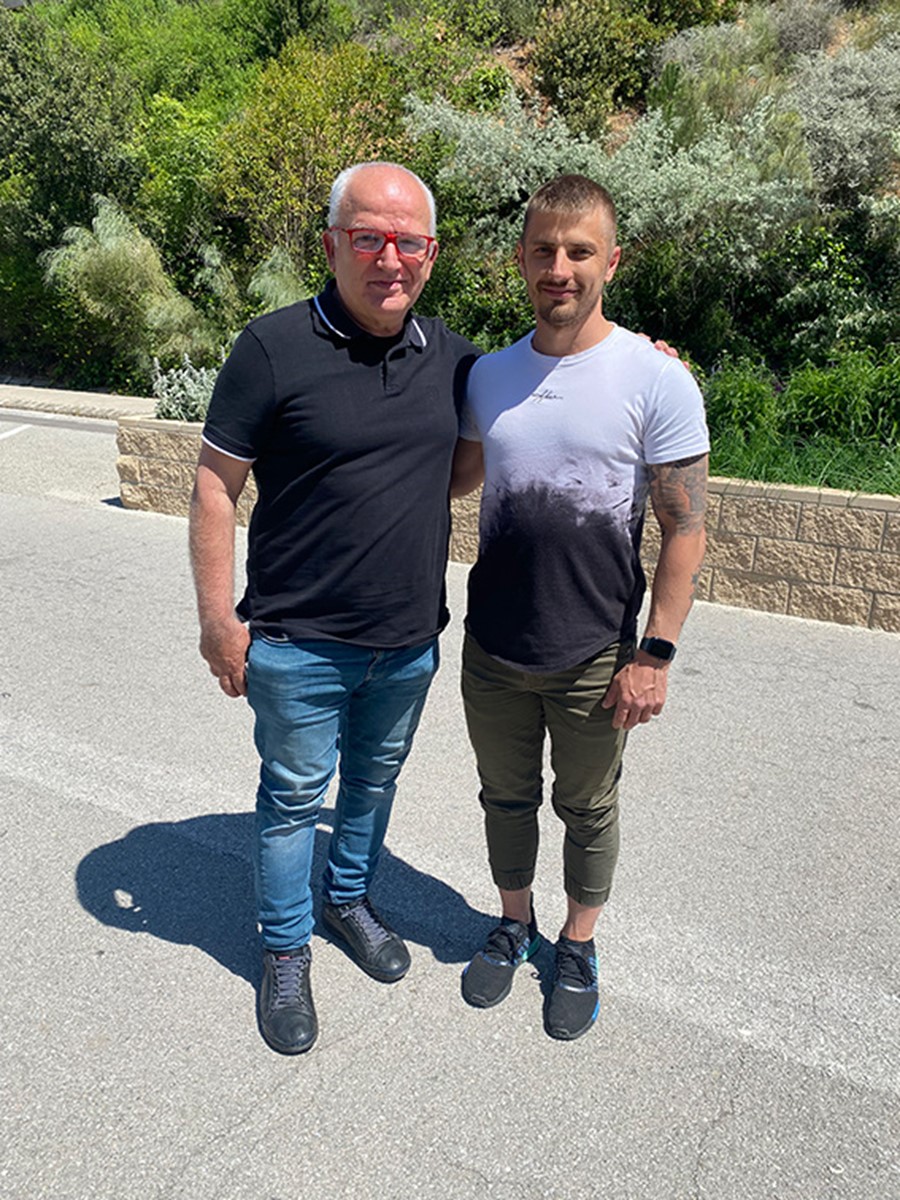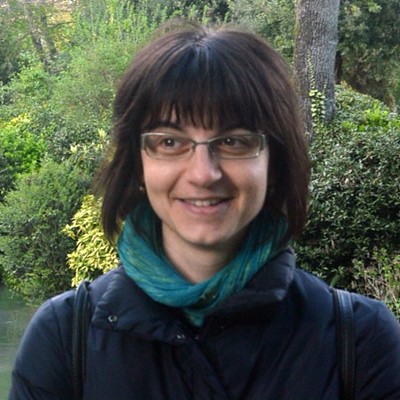Promoting collaboration on graphene studies
Short visit grants for the Graphene Flagship’s Partnering Division foster European joint efforts
The Graphene Flagship offers three short visit grants per year for young researchers involved in the Partnering Division of the Graphene Flagship to encourage knowledge exchange and extend collaborations on graphene research among the Associated Members and Core Partners.
Recently, David Panáček, PhD student in Prof. Michal Otyepka’s group at Graphene Flagship Associated Member CATRIN, Palacký University Olomouc in Czechia, received support from the Graphene Flagship for a visit grant to carry out an internship at the Graphene Flagship Partner Institute ICN2 in Spain, under the supervision of Arben Merkoçi.
This CATRIN-ICN2 collaboration unites the expertise on nanobioelectronics and biosensors in Merkoçi’s group with the know-how in 2D chemistry of Otyepka’s group. In particular, Panáček focuses on the development of sensors for the electrochemical detection of neuroblastoma cancer using graphene acid – the first two-dimensional organic acid close to acetic acid but in a 2D state – prepared at CATRIN. In Merkoçi’s laboratory, Panáček learned how to operate the material printer necessary to build detection devices, and to prepare a graphene derivative-based ink, an active unit of this sensor.
Pilot testing has shown that graphene acid meets all the necessary parameters, such as a high degree of functionalization in the form of carboxyl groups on its surface, which play a key role in anchoring DNA probes and other biomolecules, as well as excellent stability in air and conductivity, which is crucial for this type of sensor. Now that the basic steps for preparing a working device have been successfully initialized, the team in CATRIN is investigating how to immobilize biomolecules which recognize the signature of cancer in body fluids on the device. This research will continue under the support of a joint ERA net project GLEBioassay (EURONANOMED2021-089).
Panáček’s visit also led to further discussions about new possible collaborative projects between the two research institutes. “All involved parties thank the Graphene Flagship for this very efficient financial support, which enabled Panáček to get new knowledge and expertise. This visit has played an essential role in extending collaboration between the research groups in ICN2 and CATRIN,” says Panáček’s supervisor, Michal Otyepka.
Arben Merkoci adds “I would like to thank and highlight the long-standing cooperation with the Graphene Flagship, in which I have been participating for several years. Thanks to Panáček's three-month internship, we started to work intensively on our new project focused on the detection of cancer analytes, and more importantly, we discussed further possible collaborations and connections between the different groups”

David Panáček and Arben Merkoçi’s team.

Arben Merkoçi (right) and David Panáček (left)




